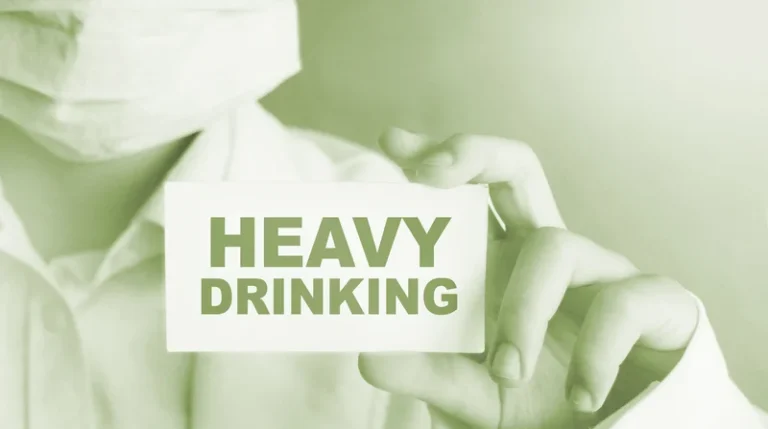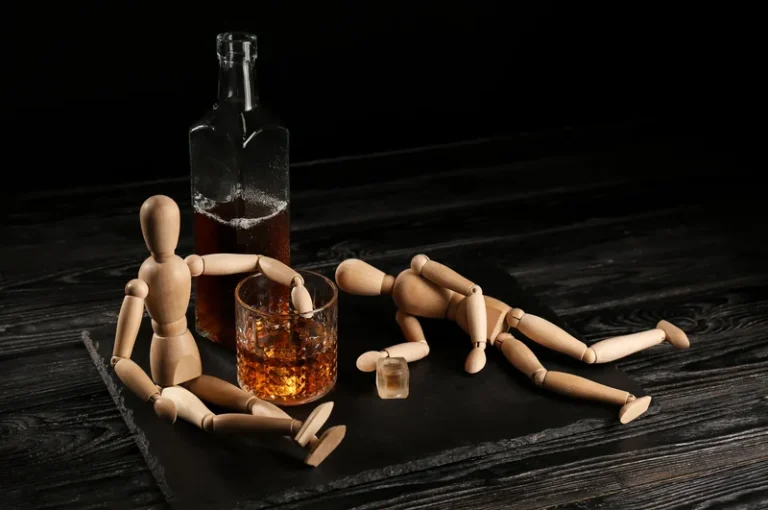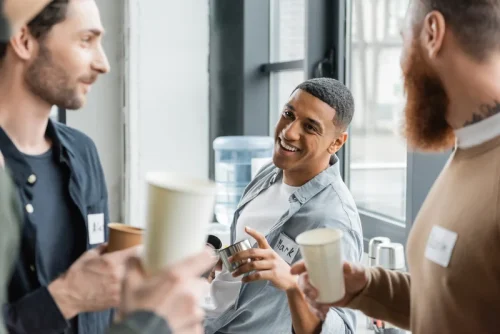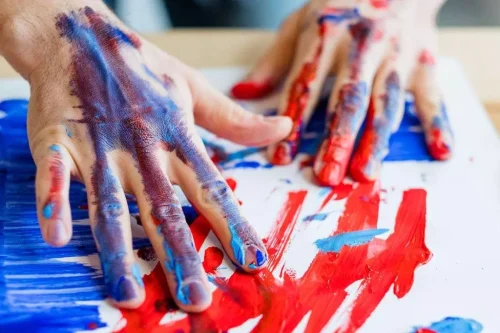
Clinical experience shows that when clients feel they cannot be completely honest, it is a sign of emotional relapse. It is often said that recovering individuals are as sick as their secrets. One of the challenges of therapy is to help clients practice telling the truth and practice admitting when they have misspoken types of relapse triggers and quickly correcting it. One of the important tasks of therapy is to help individuals redefine fun. Clinical experience has shown that when clients are under stress, they tend to glamorize their past use and think about it longingly. They begin to disqualify the positives they have gained through recovery.
What are the three stages of relapse?
Implementing lifestyle changes, such as exercise and healthy habits, promotes overall well-being. Moreover, practicing mindfulness and relaxation techniques can reduce impulsivity and promote self-awareness. Lastly, ongoing monitoring and adjustment of treatment plans ensure adaptability to patients’ needs.
Long-Term Strategies For Sustained Recovery
But clients and families often begin recovery by hoping that they don’t have to change. They often enter treatment saying, “We want our old life back — without the using.” I try to help clients understand that wishing for their old life back is like wishing for relapse. Rather than seeing the https://ecosoberhouse.com/ need for change as a negative, they are encouraged to see recovery as an opportunity for change. If they make the necessary changes, they can go forward and be happier than they were before. It forces people to reevaluate their lives and make changes that non-addicts don’t have to make.
Staying Grounded: Managing Triggers in Addiction Recovery

Relapse is most common in the early stages of sobriety, and this is when relapse prevention is the most important. Discovery Institute is dedicated to providing patients with the best treatment in conjunction with medical detox. Without proper relapse prevention, people in recovery can experience relapse triggers that are especially strong, and they are at higher risk of abusing substances again. Having a support system that includes friends and family is one of the main ingredients for a sober life. However, there are most likely people in your life who encouraged your substance abuse in the past, and you have most likely tried to avoid them.

Identifying high-risk situations:
Walking or driving through places where they used to drink or consume drugs can spark a memory connected to drug or alcohol use. Therapy for those in recovery and their family is often essential for healing those wounds. Some models of addiction highlight the causative role of early life trauma and emotional pain from it. Some people contend that addiction is actually a misguided attempt to address emotional pain. However, it’s important to recognize that no one gets through life without emotional pain. Cravings occur because the human brain has remarkable powers of association.
Health Library
- For many people, drug and alcohol use began as a way to alleviate boredom or make certain activities feel more fun.
- Valley Spring Recovery Center offers comprehensive addiction and mental health treatment services.
- If you still get caught up in a relapse even after doing all you can to avoid the triggers, don’t be discouraged.
The best way to deal with this relapse trigger is to have a strong support network. Reach out to family members or friends who are safe and encouraging or join a support group. Mental health conditions may be a significant internal trigger, especially if you have an undiagnosed mental health disorder.
In particular, cognitive behavioral therapy (CBT) can help people overcome the fears and negative thinking that can trigger relapse. Individuals use drugs and alcohol to escape negative emotions; however, they also use as a reward and/or to enhance positive emotions [11]. In these situations, poor self-care often precedes drug or alcohol use. For example, individuals work hard to achieve a goal, and when it is achieved, they want to celebrate. But as part of their all-or-nothing thinking, while they were working, they felt they didn’t deserve a reward until the job was done. Since they did not allow themselves small rewards during the work, the only reward that will suffice at the end is a big reward, which in the past has meant using.
- Personal development is vital to long-term recovery by fostering growth, resilience, and self-awareness.
- No matter how much abstinence is the desired goal, viewing any substance use at all as a relapse can actually increase the likelihood of future substance use.
- By creating a plan, individuals can identify their triggers and cravings, and develop strategies to manage them.
- It encourages people to see themselves as failures, attributing the cause of the lapse to enduring and uncontrollable internal factors, and feeling guilt and shame.
Physical Pain

What all triggers share, though, is their ability to affect a person—sometimes quickly, sometimes gradually—which, for many, leads them to use or misuse of substances as a response. Forgiving yourself and others for past mistakes can help promote a healthy mindset that’s geared toward personal growth. By practicing forgiveness, you are giving yourself permission to move forward and make positive changes in your life.


Leave a Reply